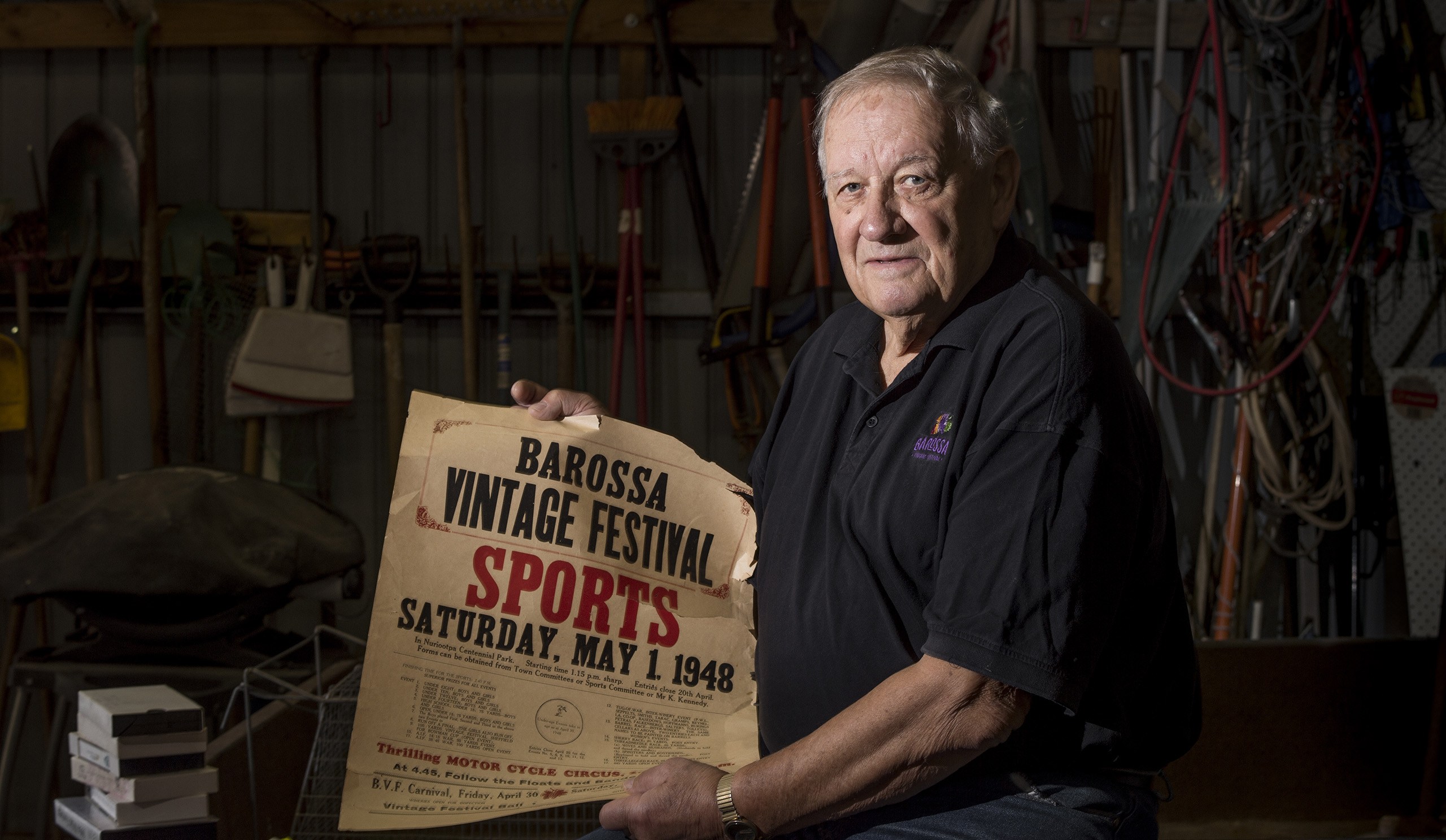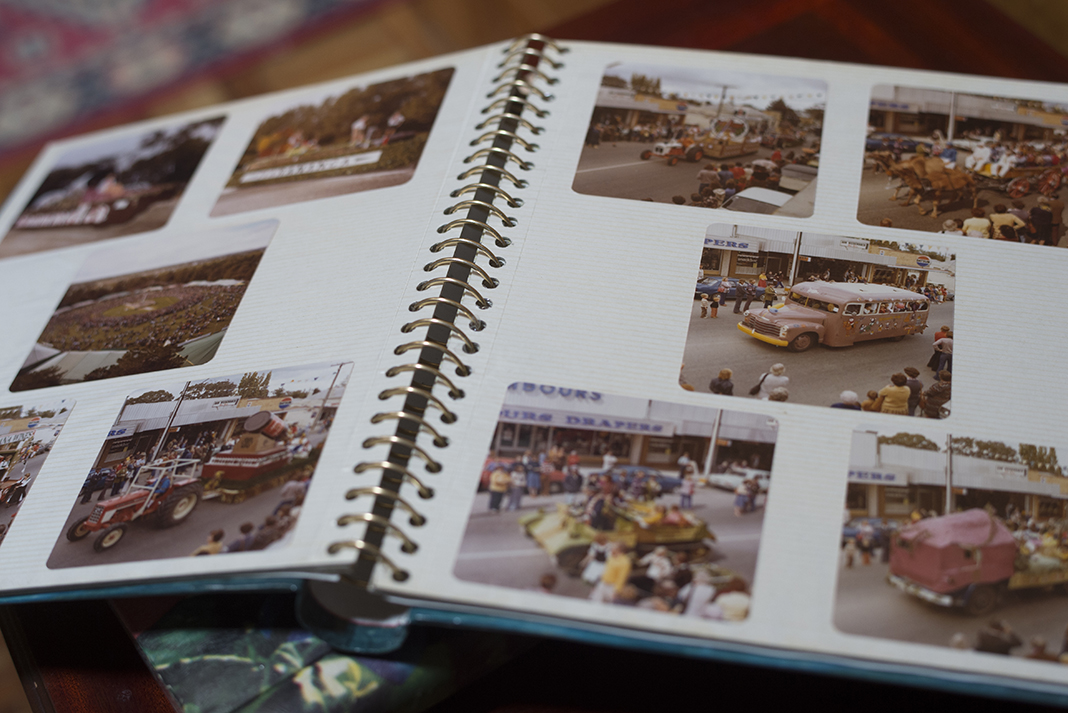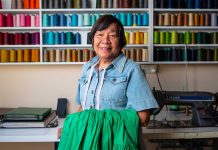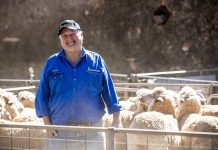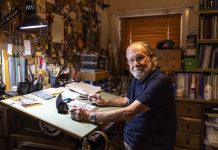Celebrating 70 years of the Barossa’s Best
An unpretentious and time-honoured tradition, 70 years in the making, is quietly being played out in the homes, backyards and sheds of the Barossa.
On the eve of the 70th Barossa Vintage Festival, a slow build is gathering momentum as vine rods are stockpiled, instruments are tuned and drop sheets are lifted on dusty parade floats that give little hint of the frivolity that awaits.
But South Australia’ largest regional festival would not have had its platinum anniversary if not for a small group of visionary winemakers, entrepreneurs and civic-minded folks who threw both caution and convention to the wind in the lengthening shadows of World War II.
Against a tide of anti-German sentiment, they planned an event that would stand alongside Germany’s great tradition of vintage festivals.
“To me it’s slightly amazing because there was enormous enmity between Australians and Germans at the time – people had been arrested and put in internment camps because of their Germanic origin,” says Angaston’s Bill Biscoe, former Barossa Vintage Festival Chairman and unofficial historian.
“The war ended in 1945 and by ’47 they had a Vintage Festival – I think it reflects something of the Australian spirit, that they did not take it as personally as the British.
“Even then, they realised the enormous tourism potential that such an event could bring to the region and said ‘bugger it, let’s give it a shot’.”
The fledgling years of the festival were a nod to the fads of the era, such as grand prix, aeroplane exhibitions and rodeos.
“The early days were representative of the times with grape stomping, tug-of-wars and the Daughter of Bacchus (meaning God of Wine); they were the first Vintage Queens, to emphasise the fact it was the vintage festival and culmination of the end of vintage,” says Bill.
“The German Vintage Festival Queen used to come out and present the crown to the Queen, and the prize was a trip to Germany.
“All sorts of interesting things happened – there were car races around Nuri and the finale was a rodeo at Angaston.”
The Festival Ball remained a staple of the event, although founding father Colin Gramp recollects it wasn’t wine that flowed at the modest inaugural event.
“Colin recalls how no alcohol was served because of liquor licencing laws – the only consumable grape product of the first ball was grape juice from a huge press in the lane alongside the Nuriootpa Institute,” says Barossa Vintage Festival Marketing Coordinator Taryn Wills.
“They threw the doors open and grabbed a range of implements to capture the juice straight out of the press cage!”
The death of King George VI in 1952 resulted in the cancellation of the pending Festival as a mark of respect, and the much-loved festival went into hiatus for almost a decade until it was resurrected as a biennial event, alternating with the Adelaide Festival.
The passage of time wrought many changes, including the transition from Vintage Festival Queen to Young Ambassadors in 1999, and shortening the programme to five days in 2015 to encourage visitors to stay the length of the festival.
In its 70th instalment in 2017, old favourites like the Ziegenmarkt, scarecrow competition and town days will stand alongside newcomers such as Punkt zu Punkt trial run and the Chook Shed Social Club in Tanunda Show Hall – a chance to “let your hair down and your knees up.”
While the format has been reinvented to keep pace with evolving community expectations, Taryn said the essence of the Festival remains unchanged.
“The community remains at the heart of the festival – that’s what makes it all tick and gives the community such a strong sense of ownership,” Taryn said.
“In 2015 there were 50 volunteers for the Festival Parade alone, and this year one third of the events are family friendly.
“True to its origins, the Festival is also a major tourism drawcard, giving visitors a chance to embrace the Barossa culture and live like a Barossan.”
Bill, who is current caretaker of extensive festival memorabilia, shares the sentiment that the Festival is a “priceless” community asset.
He and a small group of enthusiasts from Friends of Barossa Library are cataloguing the artefacts so the originals can be housed in the State Library Archives.
“I think it has huge heritage significance for the people of the Barossa,” says Bill.
“The Festival is something unique – we have the longest running and second largest procession in the world nigh of Germany.”
“The mechanics have changed because of lawyers and insurance companies and regulations, but at the end of the day people still go and sit on the side of Barossa Valley Way with their picnic rugs and a glass of wine to wave at the floats as they go past, and in my mind, that’s the essence of the Vintage Festival.”
♦♦♦



